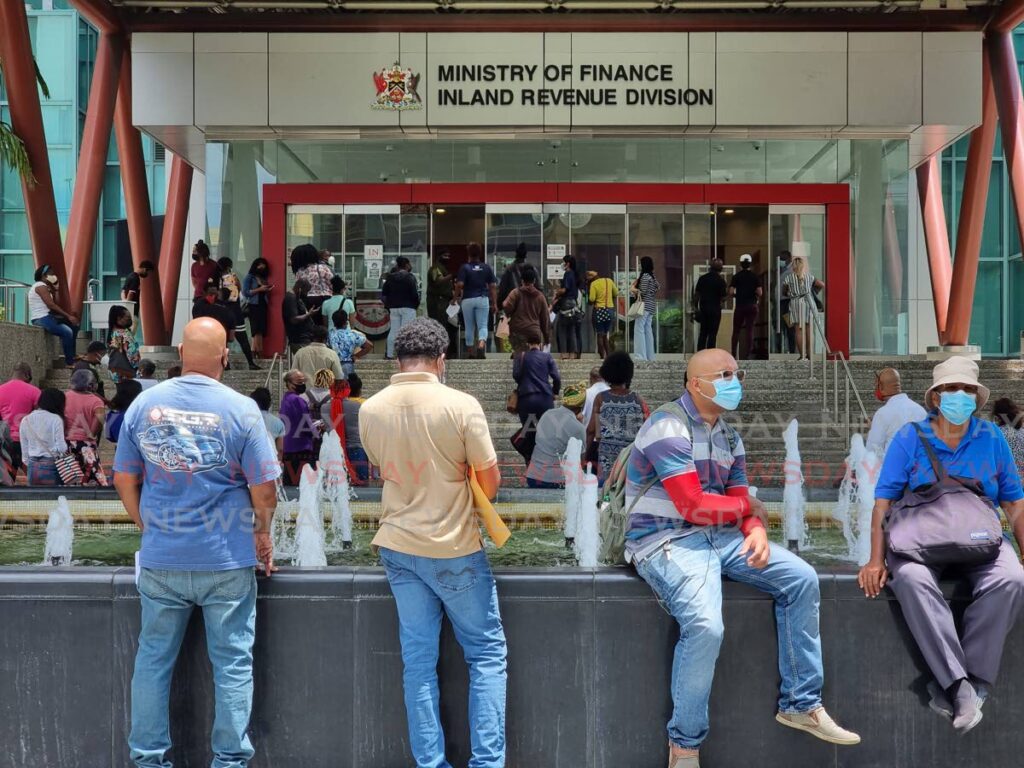Spell out TT Revenue Authority plan

We welcome new legislation to rationalise the tax-collection system. However, we strongly impress on the Government the fact that merely passing new law is not the end of the matter.
The State expects the new system, which merges elements of the old, to result in billions more in revenue. Such funds could be particularly useful now at a moment when the Treasury is under strain, budget deficits remain large and debt is ballooning.
On Saturday, Minister of Finance Colm Imbert hailed the passage of the TT Revenue Authority Bill, saying it has taken 11 long years to get off the ground.
“We now join over 60 countries that have modern tax administration, to ensure fairness and equity in tax collection,” Mr Imbert said on social media. “The legislation also allows us to recruit and compensate staff properly.”
However, the Government needs to outline its timeline of implementation. It must also provide details of its projections in terms of revenue collection, offset against the costs involved in reorganising the existing regime. Additionally, such projections must consider that depressed economic conditions could have a deleterious impact on revenue collection generally in coming years.
Meanwhile, business stakeholders do not share the minister’s optimism.
Chaguanas Chamber of Industry and Commerce president Richie Sookhai believes the new regime will only be a success if existing elements of the system, such as the Board of Inland Revenue (BIR) and Customs and Excise, have their problems addressed.
Those problems include high labour turnover, low productivity for clearing goods and a relatively high incidence of bureaucracy and customs overtime charged. Mr Sookhai also warns the new system must be free of politics and the public must be able to have confidence in it, given its sensitive powers. (That the Opposition voted against the bill is perhaps an ill omen in this regard.)
TT Chamber of Commerce CEO Gabriel Faria is not optimistic in his assessment of the new legislation. On Saturday, he said the new law would simply amount to a name change without meaningful adjustments to the structure of state systems, the people who administer those systems and the outmoded modes of doing work that sometimes bog the system down.
Mr Faria said a proposed operating model had called for worker performance to be recognised, alongside seniority of tenure, and this might have encouraged the kind of change that is required to bring about excellent customer service.
“Unless we execute this properly and let professionals do it, we will end up with the same corruption, largesse, inefficiency, weak governance, and ongoing victimisation of honest tax complaint citizens and businesses,” Mr Faria said.
A truly modern system would more fully embrace digitisation.
And it would more fully spell out the Government’s policies when it comes to addressing the gaps between the vulnerable and the less vulnerable in our society, an issue in which taxation policy – above and beyond mere laws – has a role to play.

Comments
"Spell out TT Revenue Authority plan"